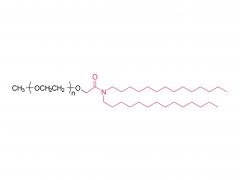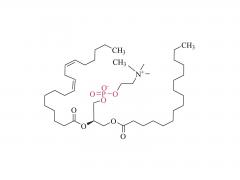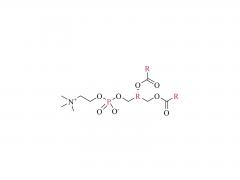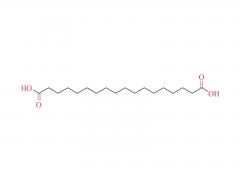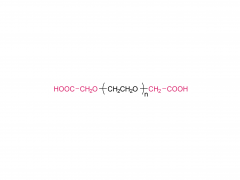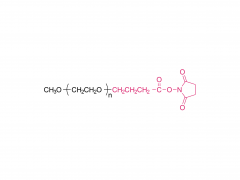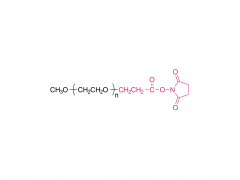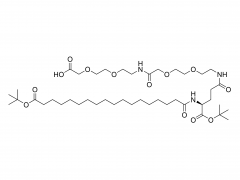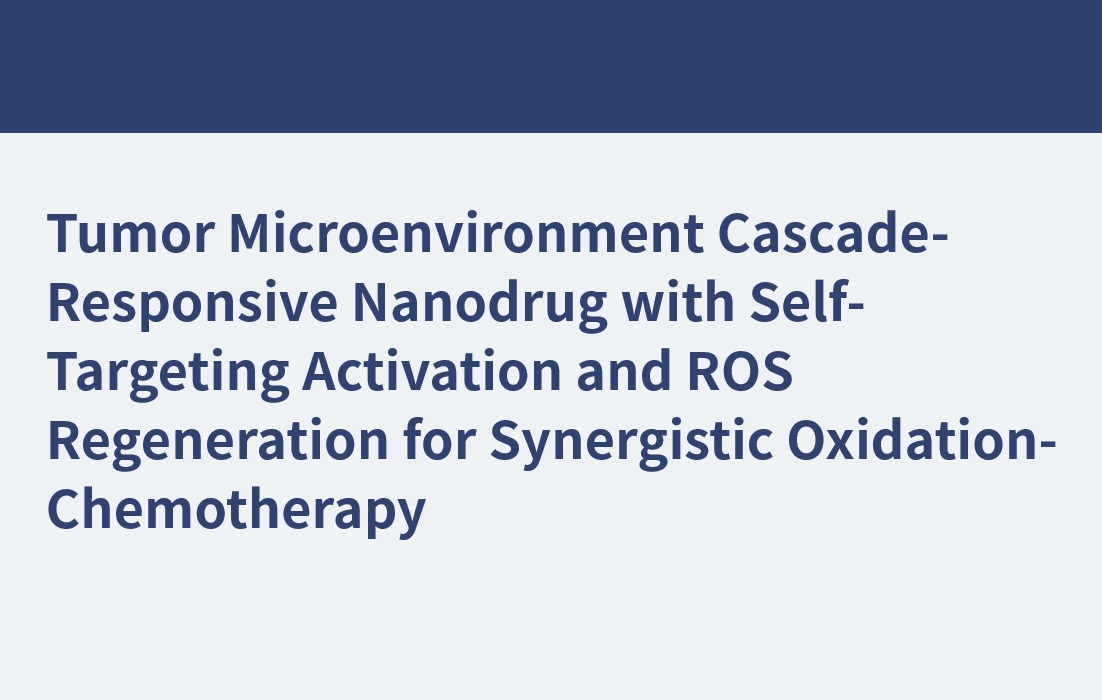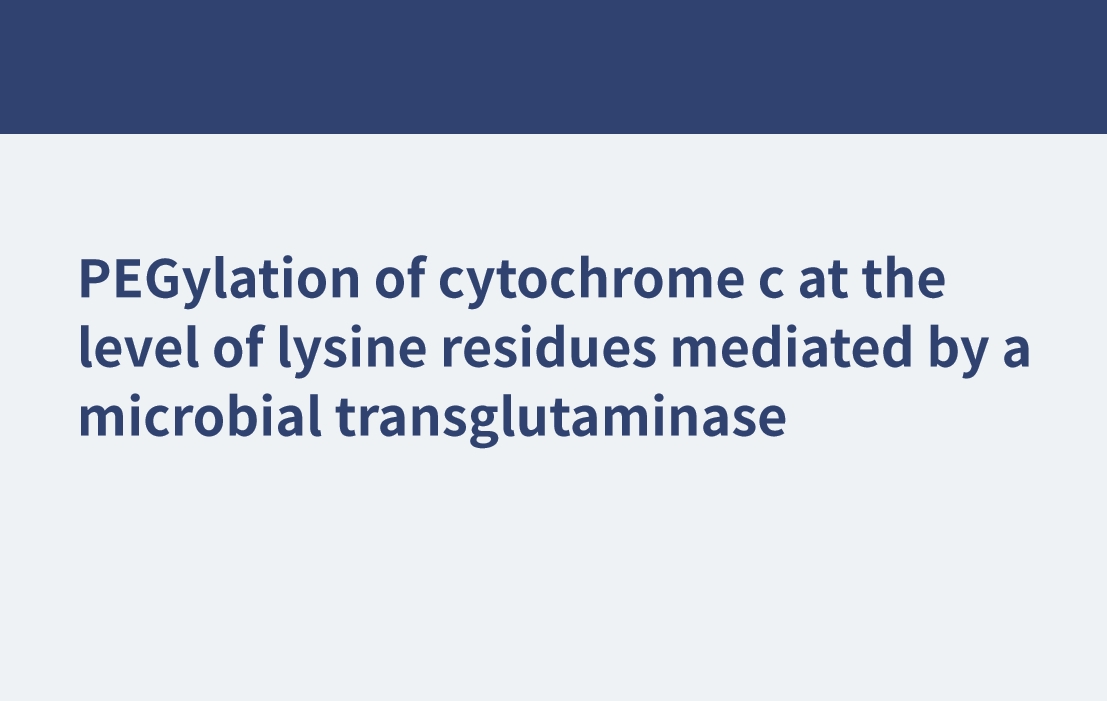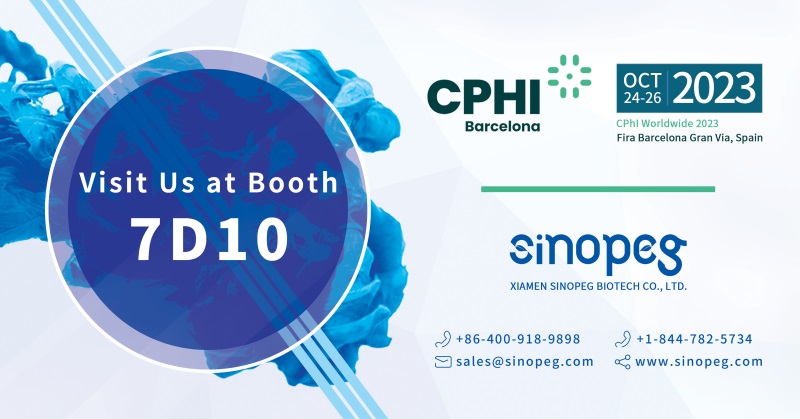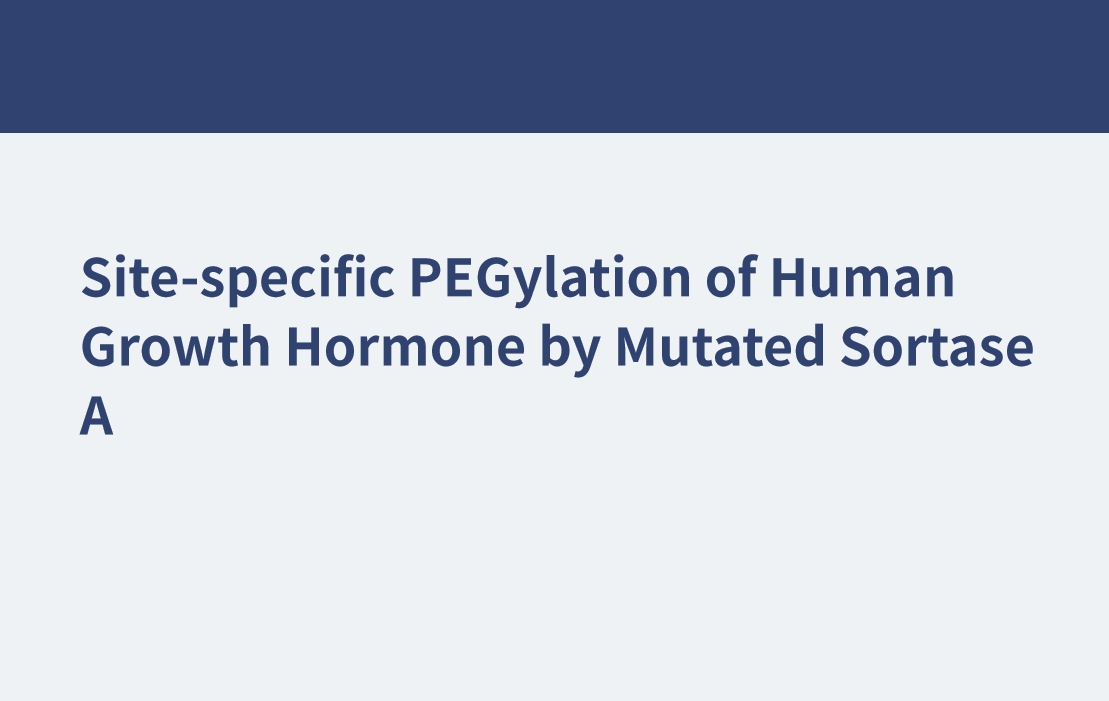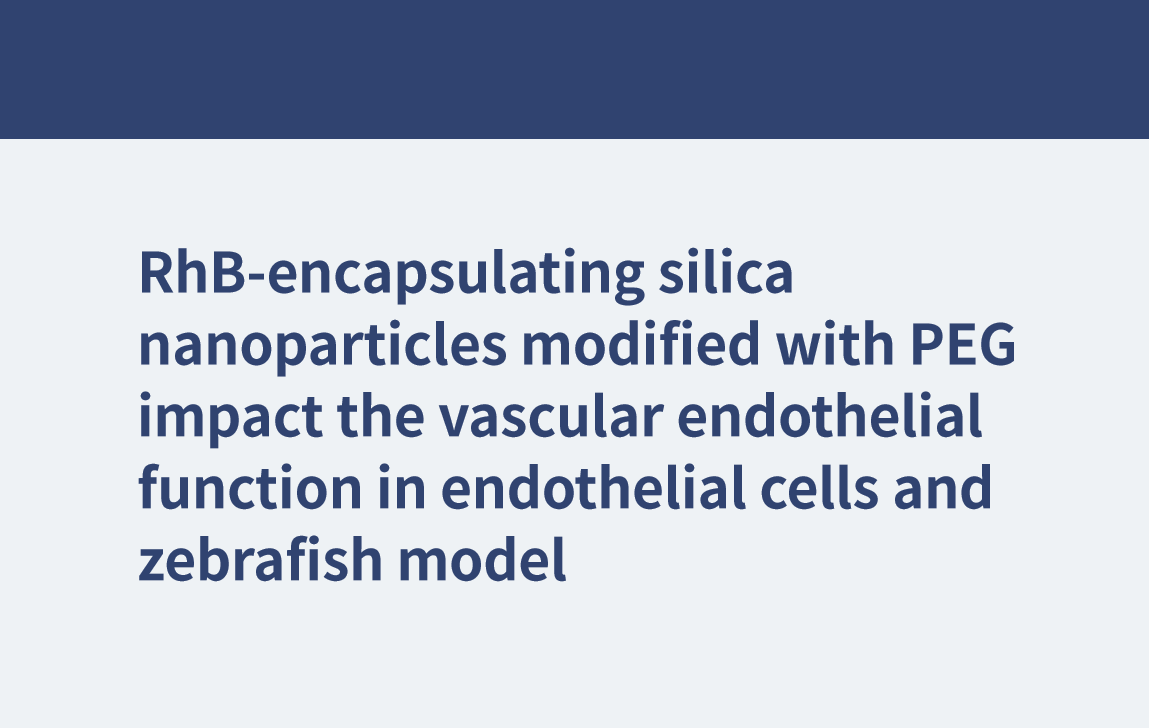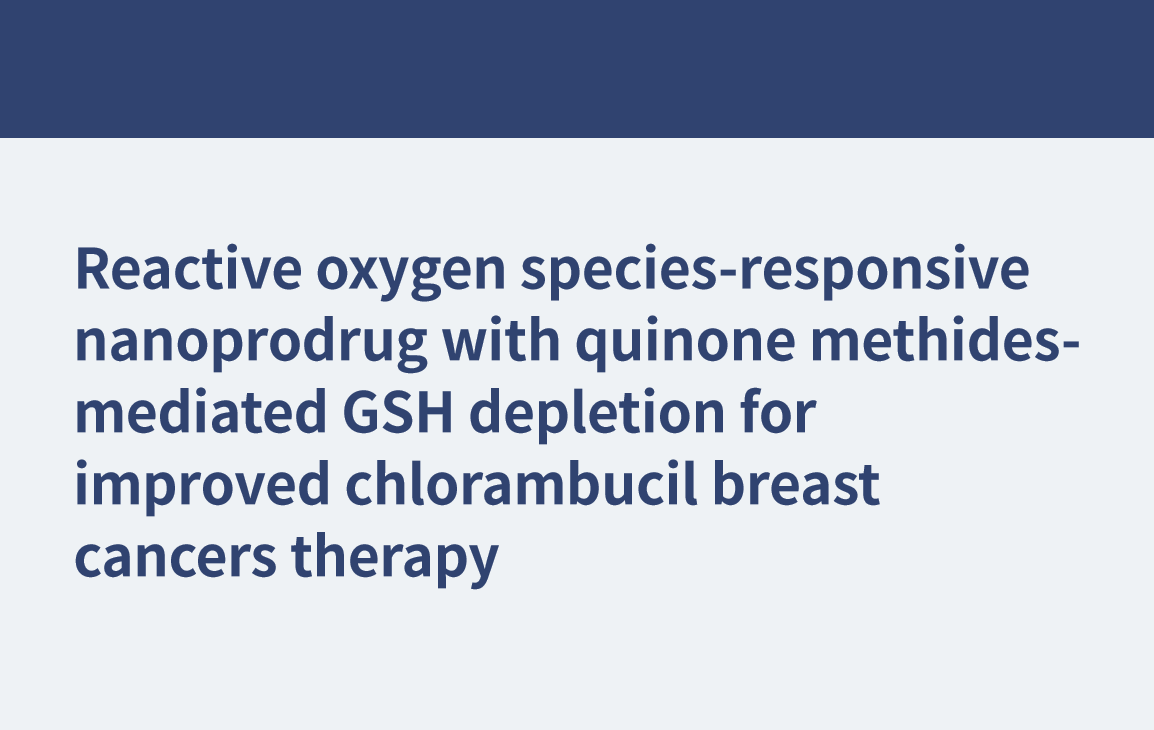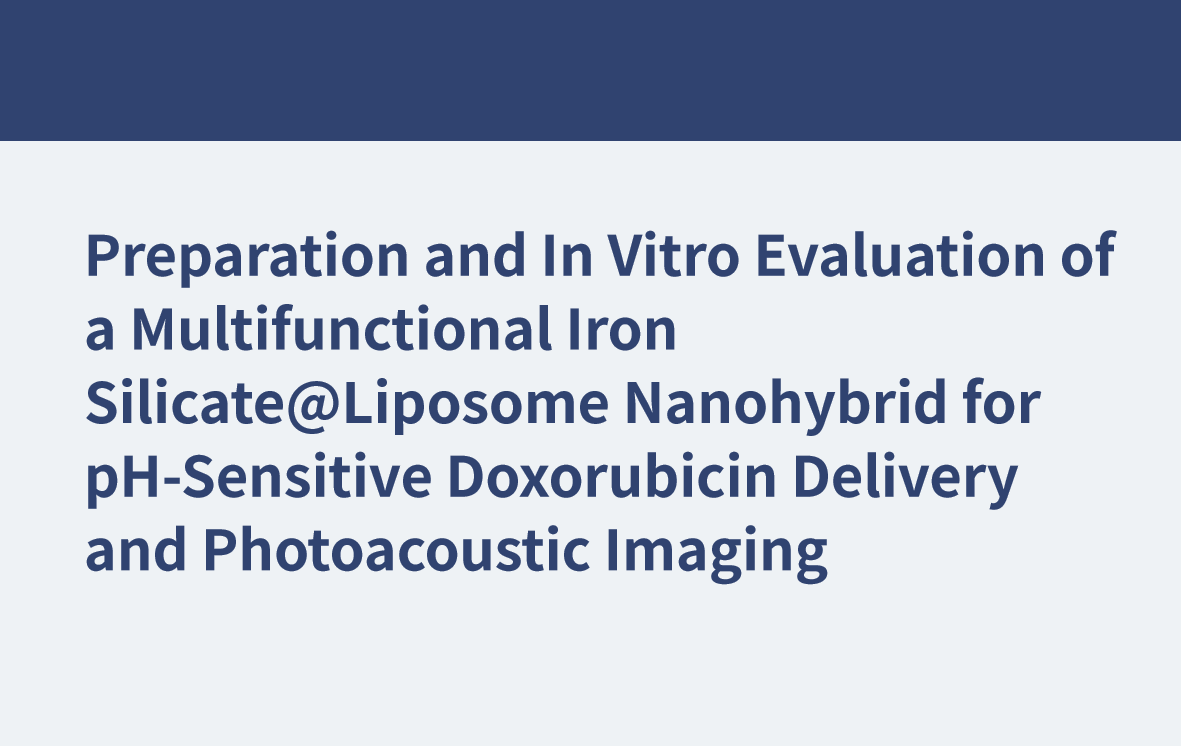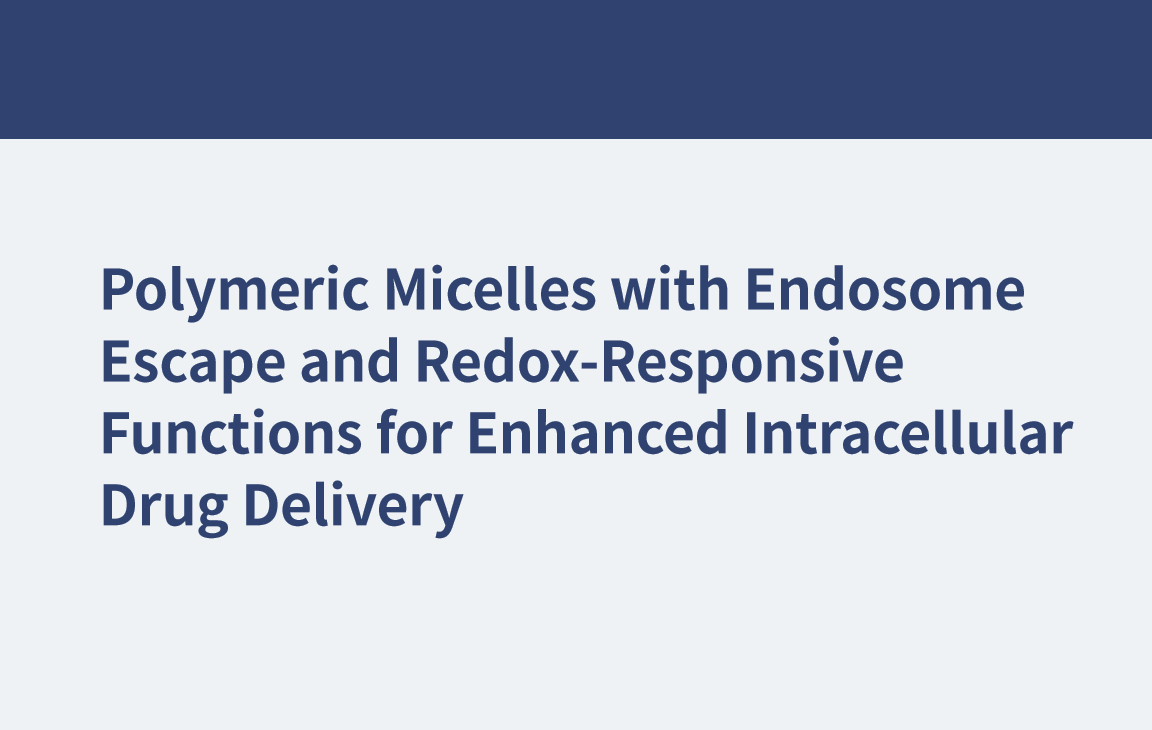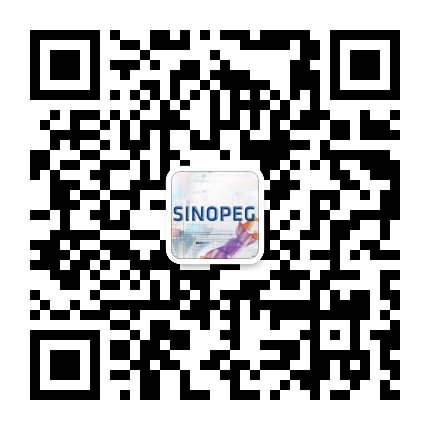Nanomicro Lett. 2020 Sep 14;12(1):182. doi: 10.1007/s40820-020-00492-4. Tumor Microenvironment Cascade-Responsive Nanodrug with Self-Targeting Activation and ROS Regeneration for Synergistic Oxidation-Chemotherapy Yang Li # 1 2 3, Jinyan Lin # 2, Peiyuan Wang 1 2 3, Qiang Luo 1 2 3, Fukai Zhu 4, Yun Zhang 1 3, Zhenqing Hou 4, Xiaolong Liu 5 6 7, Jingfeng Liu 8 9 10 Abstract Carrier-free nanodrug with exceptionally high drug payload has attracted increasing attentions. Herein, we construct a pH/ROS cascade-responsive nanodrug which could achieve tumor acidity-triggered targeting activation followed by circularly amplified ROS-triggered drug release via positive-feedback loop. The di-selenide-bridged prodrug synthesized from vitamin E succinate and methotrexate (MTX) self-assembles into nanoparticles (VSeM); decorating acidity-cleavable PEG onto VSeM surface temporarily shields the targeting ability of MTX to evade immune clearance and consequently elongate circulation time. Upon reaching tumor sites, acidity-triggered detachment of PEG results in targeting recovery to enhance tumor cell uptake. Afterward, the VSeM could be dissociated in response to intracellular ROS to trigger VES/MTX release; then the released VES could produce extra ROS to accelerate the collapse of VSeM. Finally, the excessive ROS produced from VES could synergize with the released MTX to efficiently suppress tumor growth via orchestrated oxidation-chemotherapy. Our study provides a novel strategy to engineer cascade-responsive nanodrug for synergistic cancer treatment. Keywords: Circular amplification of ROS; Positive-feedback loop; Synergistic oxidation-chemotherapy; Targeting activation; Vitamin E nanodrug. Related products Abbreviation: mPEG-OH Name: Methoxypoly(ethylene glycol) For more product information, please contact us at: US Tel: 1-844-782-5734 US Tel: 1-844-QUAL-PEG CHN Tel: 400-918-9898 Email: sales@sinopeg.com
View More







